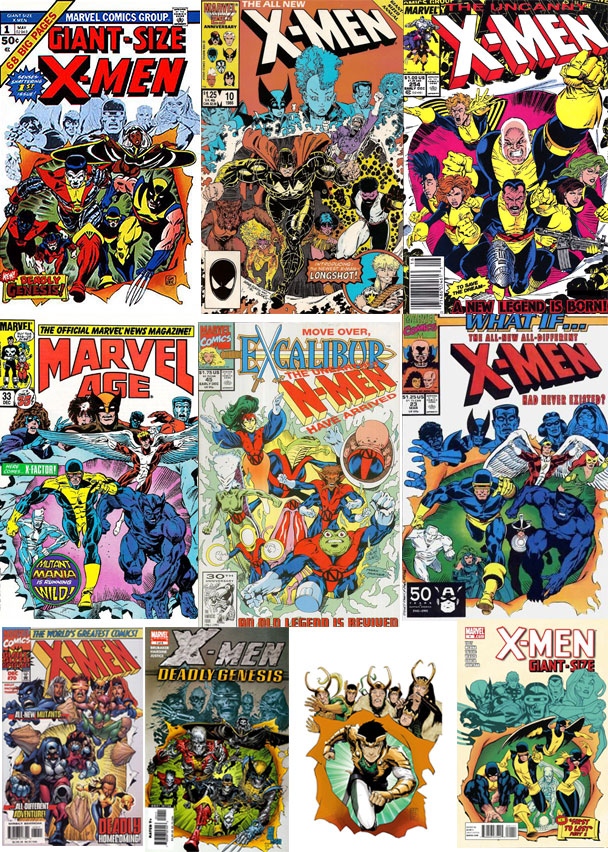
#17 in my ranking of Tony Scott’s filmography.
This is Tony Scott’s entry into the BMW web series, Beat the Devil, across an entire 2 hours of film. I found it a headache in 8-minute form. I find it just as much a headache at feature length. Bearing the obvious marks of a screenplay straining for any reason to exist, Domino is an overlong drag through stylistic excess with nothing at its core. If there is an attempt at something being the film’s center, it’s undone by the film’s flippant attitude towards audience involvement as well. This is something of a crash and burn scenario for Tony Scott.
Domino Harvey (Keira Knightley), the daughter of Laurence Harvey, star of The Manchurian Candidate, leaves her prim life of boarding schools, modeling, and a life in the Beverly Hills to become a bounty hunter. Why? Well, because she likes danger. Also, there’s something about a coin flip and fate that comes back a few times but doesn’t make a whole lot of sense. She is supposedly the core of this film. It’s named after her. She’s in most of the scenes. We even get a quick little cameo from the real Domino Harvey during the credits. Does she have an arc? Does she drive the plot? Does she do anything a protagonist does except be cast by the biggest star at the time?

Nope. She’s pretty much an empty vessel through which plot runs…sometimes. What is the plot? Well, it actually revolves around Lateesha (Mo’Nique), one of the three mistresses to Claremont Williams (Delroy Lindo), a bail bondsman who hires Ed (Mickey Rourke) and Choco (Edgar Ramirez) as bounty hunters (who also hire Domino pretty much exclusively because she’s hot). Lateesha has the main subplot in the film as America’s youngest grandmother who goes on Jerry Springer to advocate for increased racial categorization in government, and has a grandchild who is suffering from an illness that will require a $300,000 surgery. At the end of their ropes, Claremont (who is implied to be Lateesha’s baby-daddy which means he was having sex with a minor) decides to use his armored car service to perform an inside job on $10 million being sent from a casino in Vegas that’s secretly controlled by the Cigliutti crime family, headed by Anthony (Stanley Kamel). Domino is involved in none of this.

Where Domino is involved is in the attempt to cleanup the aftermath of the planned heist. Claremont sends Ed and his three lackeys, including Alf (Riz Abbasi), their driver, to pick up the four framed suspects without their knowledge that these aren’t the real suspects. Where Domino has some involvement in all of this is that she figures out that the four aren’t the real suspects…far too late to matter. Things devolve with miscommunications, the FBI controlling some information, and we get a Mexican standoff in Vegas where just about everyone dies…which is quickly followed up by Domino challenging the audience to not believe any of it because she doesn’t care.

And ultimately, that just kind of irritated me. This was obviously not real. If I were to look it up, I would assume that roughly 5% of the movie was real, and only mostly in the broadest of broad strokes that Domino Harvey became a bounty hunter, that she chased people down, and that she had a reality TV show for some limited amount of time. Though, looking it up, even the reality TV bit seems made up. So, it’s deeply fake, it never feels close to real (helped none at all by Scott’s stylistic excesses), and the movie has this attitude that becomes explicit through voiceover about how it all could be, but screw you if you don’t believe it. It’s…weird.
 The real Domino Harvey on set with director Tony Scott
The real Domino Harvey on set with director Tony ScottSo, the script is just…wrong. It doesn’t actually have Domino as its protagonist despite her supposedly being the main character, and the plot itself is so fractured, devolving into so many different little subplots that there’s precious little to latch onto for the audience to go from beginning to end. And then you throw Scott’s embrace of visual chaos.
Scott knows how to make movies. He can get actors to emote well and appropriately. He can film a scene so that it’s obvious what’s actually going on. He just simply chooses not to here. Instead of just allowing scenes to play out, he cuts at such intensity within scenes and between them that it’s honestly just kind of hard to figure out what’s basically going on within any given moment. And, the flashes are almost headache inducing. When these techniques are used sparingly, like in moments of high emotion more along the lines of the first half of Man on Fire, then they can have purpose and even some level of effect. When it’s constant and nonstop, it’s deadening. Everything is told at this heightened level, and when the script is a mess underneath, it all just collapses under its own weight.
This is something of a disaster from Tony Scott. An artist who simply didn’t understand the limits of his own ability, his own deficiencies, and who pushed as hard as he could in an experimental direction without a stronger hand to help improve him where possible. I had been thinking that his career had improved a good bit when he started producing his own films, but this makes me wonder if, producing through Scott Free with his brother, Ridley was a guiding hand on some of these films. It seems obvious that there’s some guiding hand missing here that was evident for several years before.
Originally published here.

















 English (US) ·
English (US) ·